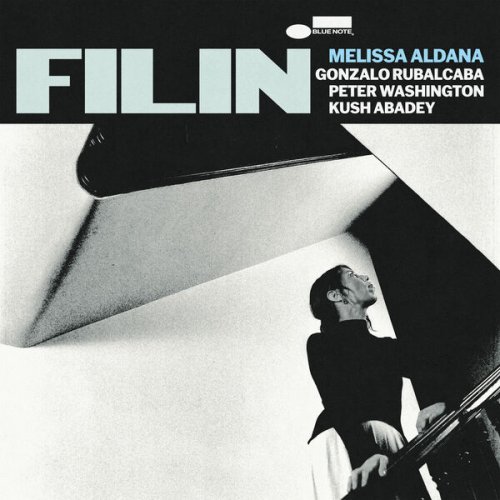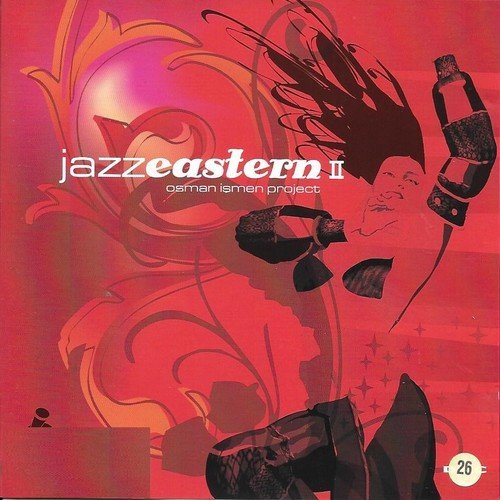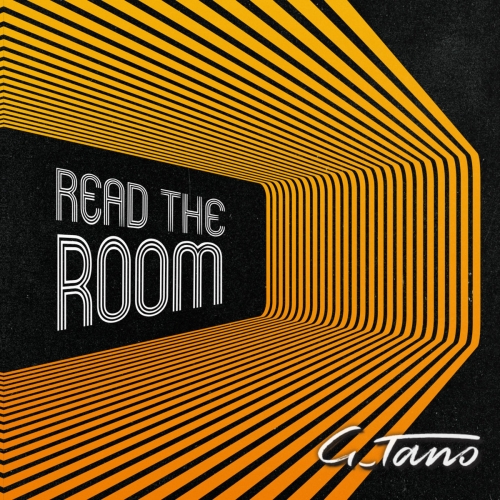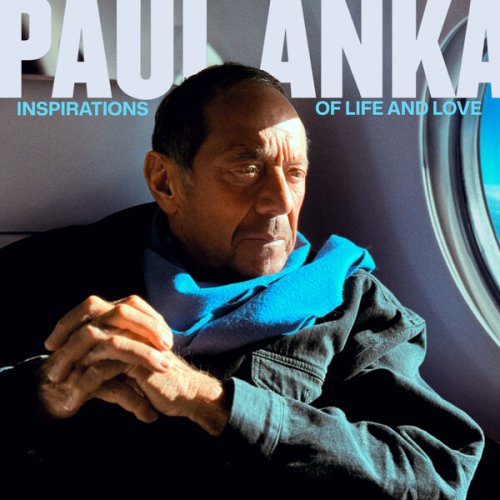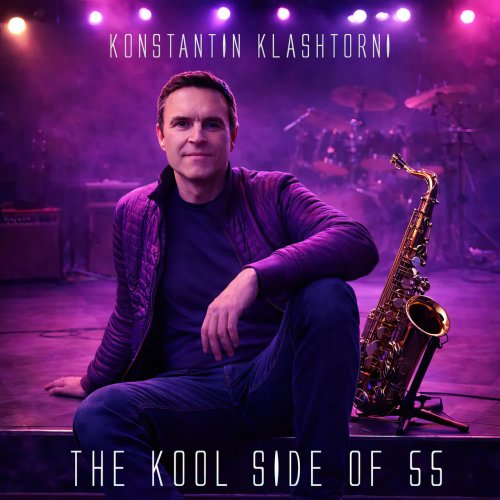Dave Bristow - Sides (2025) [Hi-Res]

Artist: Dave Bristow
Title: Sides
Year Of Release: 2025
Label: Bristow Records
Genre: Jazz
Quality: mp3 320 kbps / flac lossless (tracks) / flac 24bits - 88.2kHz
Total Time: 00:52:29
Total Size: 120 / 324 mb / 1.0 gb
WebSite: Album Preview
TracklistTitle: Sides
Year Of Release: 2025
Label: Bristow Records
Genre: Jazz
Quality: mp3 320 kbps / flac lossless (tracks) / flac 24bits - 88.2kHz
Total Time: 00:52:29
Total Size: 120 / 324 mb / 1.0 gb
WebSite: Album Preview
01. Stars of Orion
02. Lightspeed
03. The Buddha
04. Magenta
05. We Three
06. Rêverie d'Automne
07. Rauschenberg
08. The Man From Lahore
09. The End
10. Stars Of Orion (Radio Edit)
11. We Three (Radio Edit)
12. The End (Radio Edit)
Dave Bristow – Piano, Compositions; Christian Altehülshorst – Trumpet; Félix Hardouin – Alto Saxophone; Gabriel Pierre – Double Bass; Guillaume Prévost – Drums; GUESTS: Mike Stern – Electric Guitar (Tracks 2 & 3); Gabriel Pierre | Double Bass (Track 6); Caloé – Vocals (Track 6); Katrin-Merili Poom – Vocals (Track 9); Gustave Reichert – Electric Guitar (Track 9); Tommy Scott – Fender Rhodes (Track 9)
UK-born, Paris-based pianist Dave Bristow’s second album Sides reflects a composer responding to a troubled world. Recorded in two sessions fourteen months apart, the album moves between contemplative ballads, bebop-influenced burners, and atmospheric pieces that benefit from some well-chosen guest appearances.
The album opens with ‘Stars of Orion,’ a track that perfectly encapsulates Bristow’s compositional approach. Beginning with introspective piano work that shows his classical roots, the piece transforms as drums and bass shift the tempo, creating space for Christian Altehülshorst’s trumpet work. The trumpeter shows off his impressive technical skills with double-tongued passages and effortless upper register playing, while Bristow comps in a samba groove that sets the stage for his own jazzy solo.
The album’s emotional depth emerges most clearly on ‘Magenta,’ a slow, melancholy piece that borders on the eerie. Altehülshorst’s trumpet has a prettier tone and more restraint than elsewhere on the album. Even here though, he can’t resist adding a few note bends and growls.
Mike Stern, a significant figure in jazz-rock fusion, makes his presence felt on two tracks. ‘Lightspeed’ channels bebop energy with tight unison playing from the full quintet, while Bristow’s piano solo maintains a melodic, easygoing quality that never feels forced. Stern’s contribution is unmistakably his own, a gritty, saturated tone that incorporates delay effects and distortion, adding an electric edge that stands out from the acoustic foundation. “The Buddha” showcases a more spacious, contemplative side. Over shimmering cymbals and deliberate bass notes, Stern’s electronically enhanced guitar creates an atmospheric backdrop for Bristow’s behind-the-beat piano work, punctuated with subtle keyboard flurries and chord clusters.
Bristow incorporates guest vocalists to add new dimensions to his sound palette. ‘Rêverie d’Automne’ features Caloé singing in French over bowed bass and piano, her light, airy vocals providing a refreshing textural shift. While some might find the evocative vocal approach too precious, it’s a welcome change of pace.
The brief ‘The Man From Lahore’ is a beautiful two-minute piano solo that showcases his compositional finesse. It demonstrates his ability to distill complex emotions into simple and elegant statements.
The core quintet – completed by alto saxophonist Félix Hardouin, bassist Gabriel Pierre, and drummer Guillaume Prévost – works well together. Hardouin’s alto work on ‘Rauschenberg’ exemplifies this with supple, fluid lines that maintain excellent tone throughout. The rhythm section provides consistently solid support, with Pierre’s walking bass lines and Prévost’s light cymbal work creating an ideal foundation.
The album occasionally feels slightly unfocused, as if the diverse stylistic elements don’t always coalesce. The closing track ‘The End’ with its mix of vocals, muted trumpet, and clean guitar lines borders on cacophonous – which might be exactly what Bristow was going for.
The album draws from Bristow’s wide-ranging influences – from Charlie Parker, John Coltrane to Johannes Brahms – with writing that touches on samba, Latin rhythms, post-bop, and even some Frank Zappa-tinged rhythm changes. Sides showcases Bristow as both a skilled pianist and thoughtful composer. The quintet navigates his diverse writing with solid ensemble work, and Bristow’s leadership keeps the diverse material cohesive. While the album reflects the unsettled times that inspired Bristow’s writing, his piano work and compositional skills shine throughout.
![Gregory Lewis & Ms. Raina - Organ Monk Sings (Introducing Ms. Raina) (2026) [Hi-Res] Gregory Lewis & Ms. Raina - Organ Monk Sings (Introducing Ms. Raina) (2026) [Hi-Res]](https://www.dibpic.com/uploads/posts/2026-02/1770839809_owtxytnszg5nv_600.jpg)
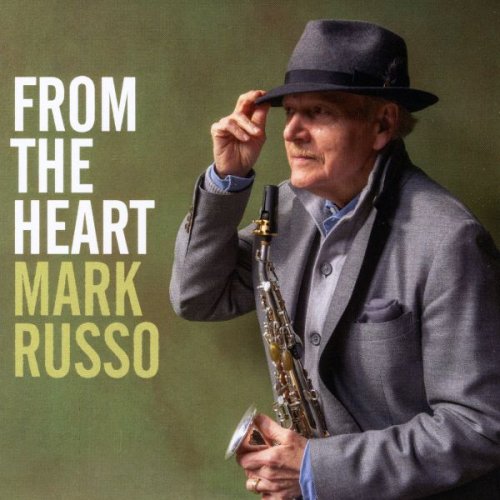
![John Coltrane - "Live" At The Village Vanguard (1962) [2022 DSD256] John Coltrane - "Live" At The Village Vanguard (1962) [2022 DSD256]](https://www.dibpic.com/uploads/posts/2026-02/1770880537_folder.jpg)
